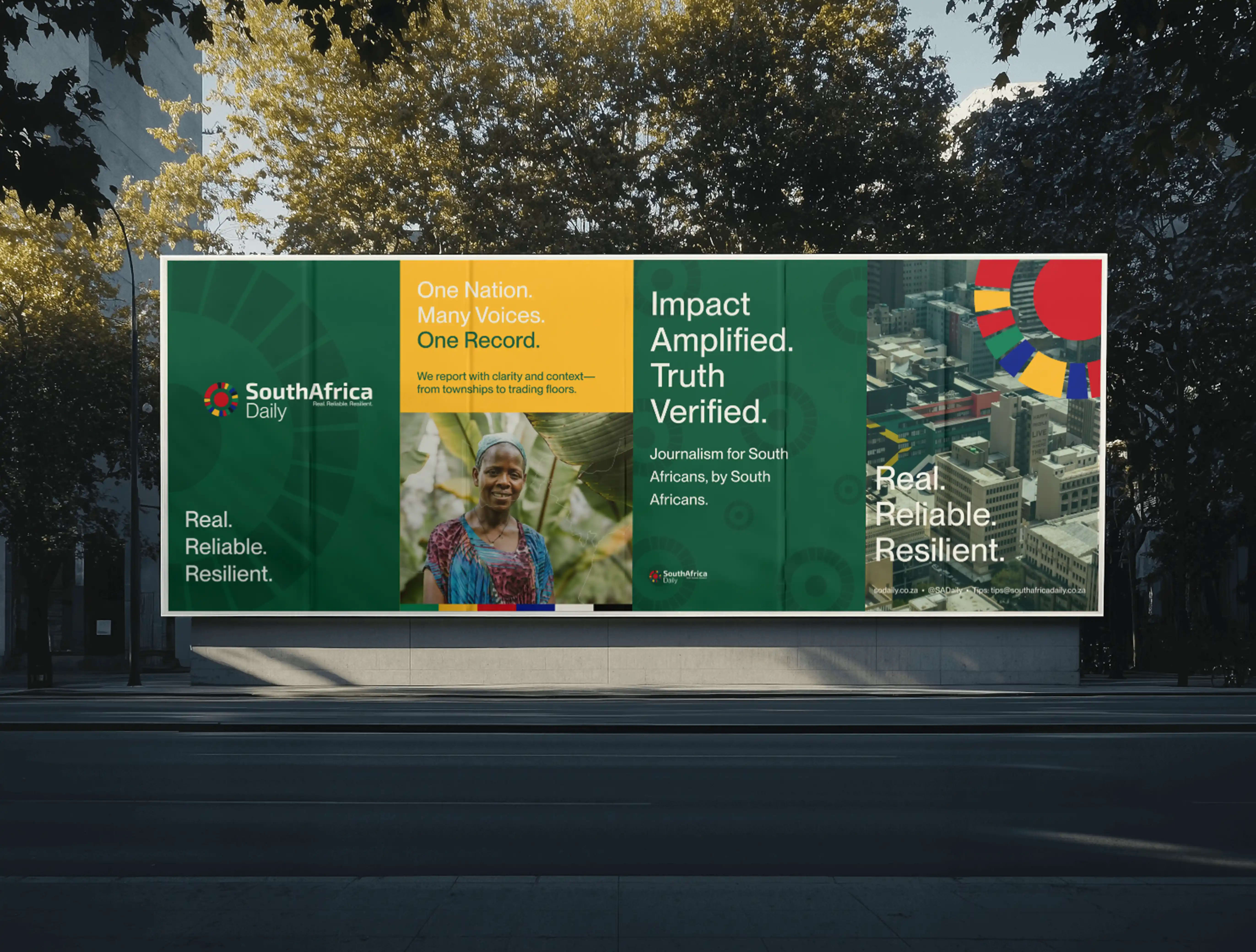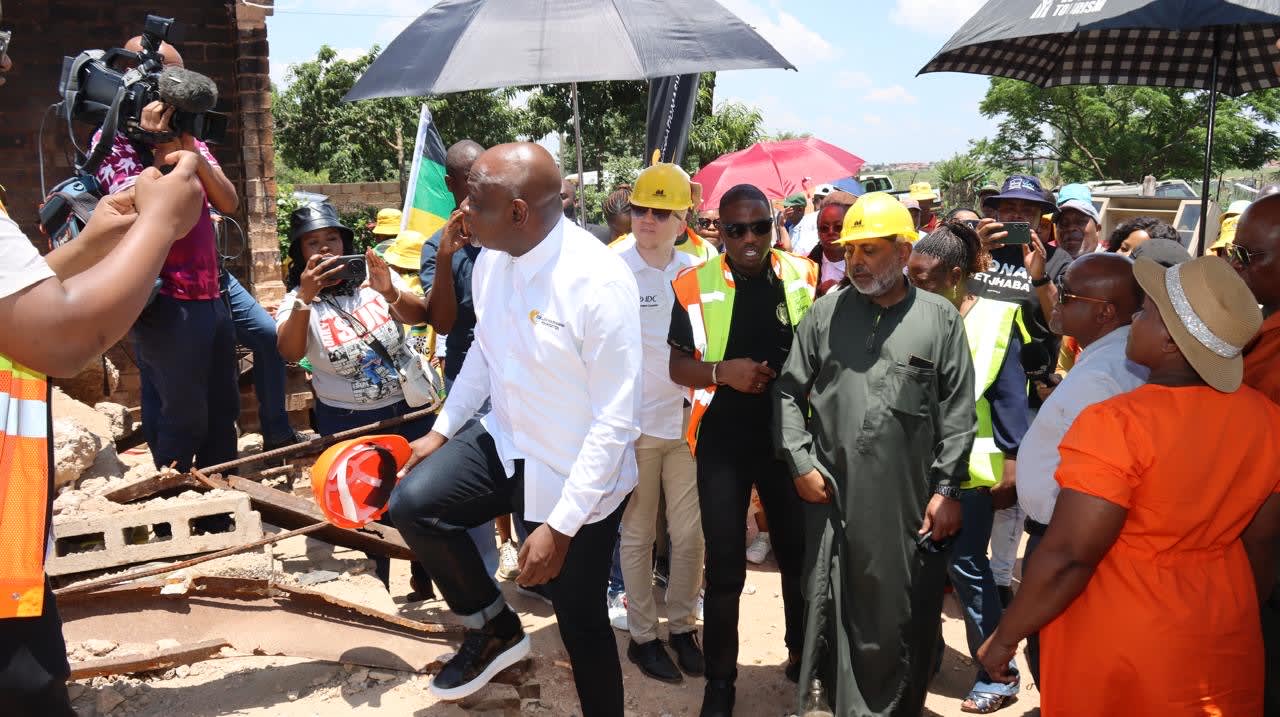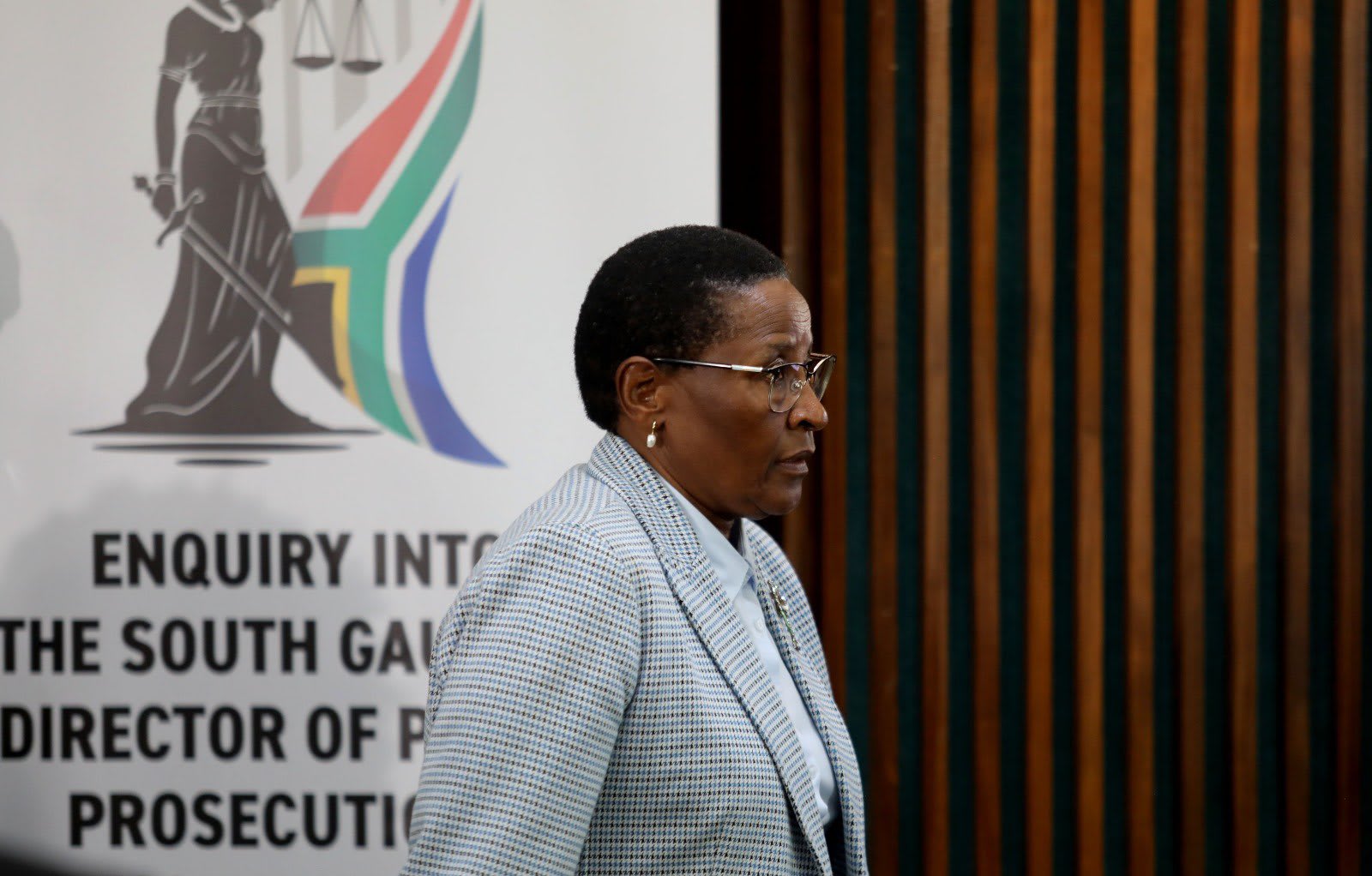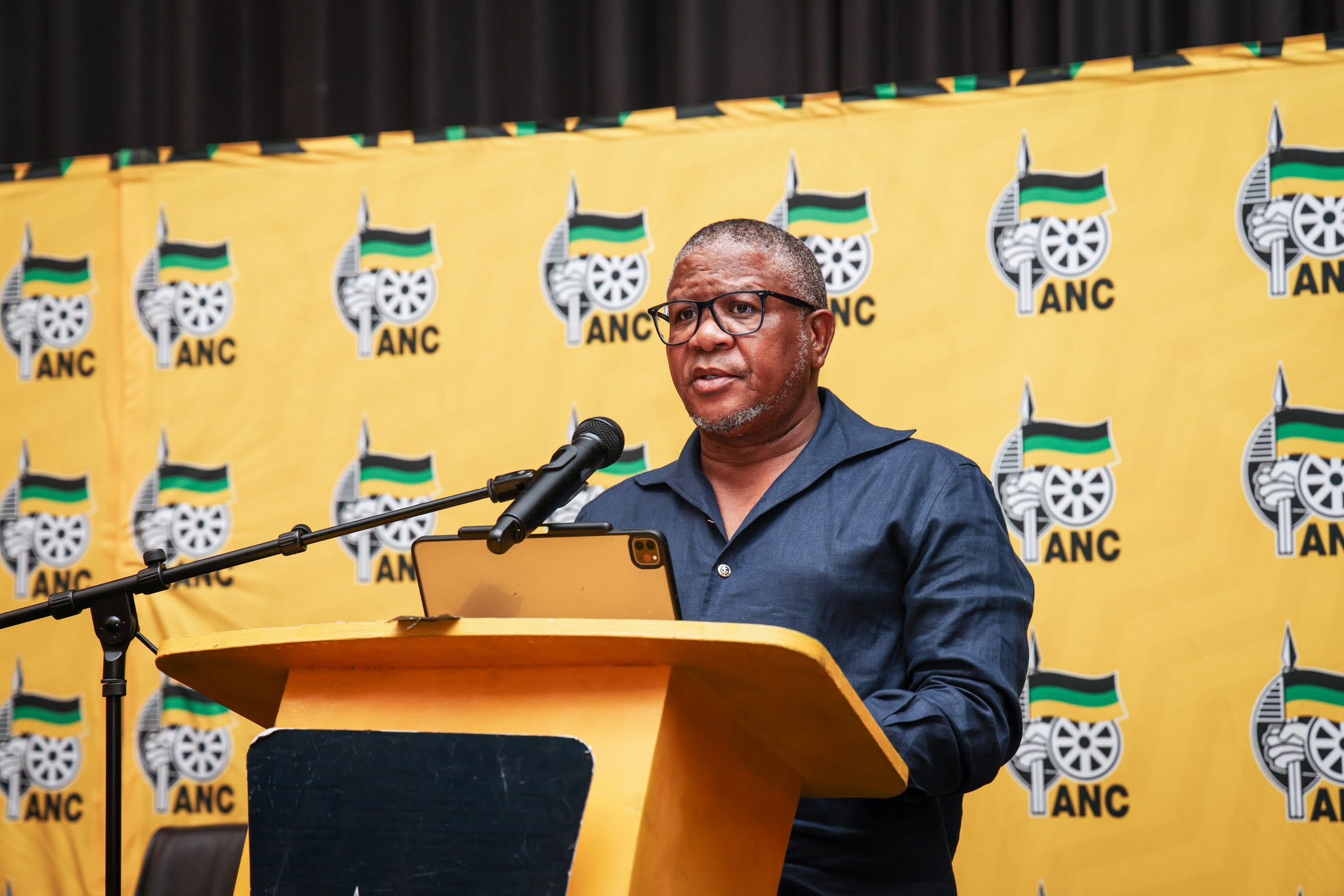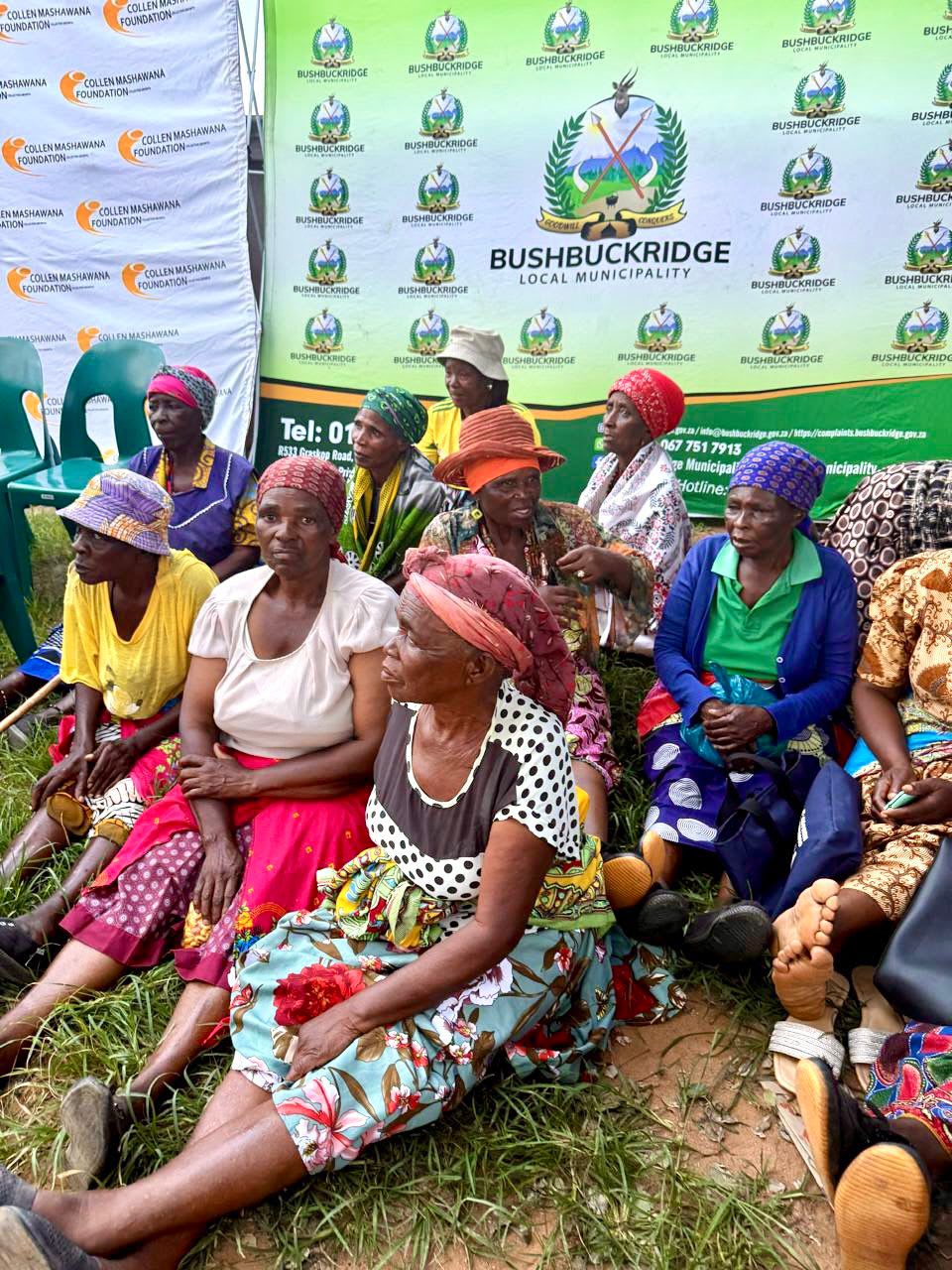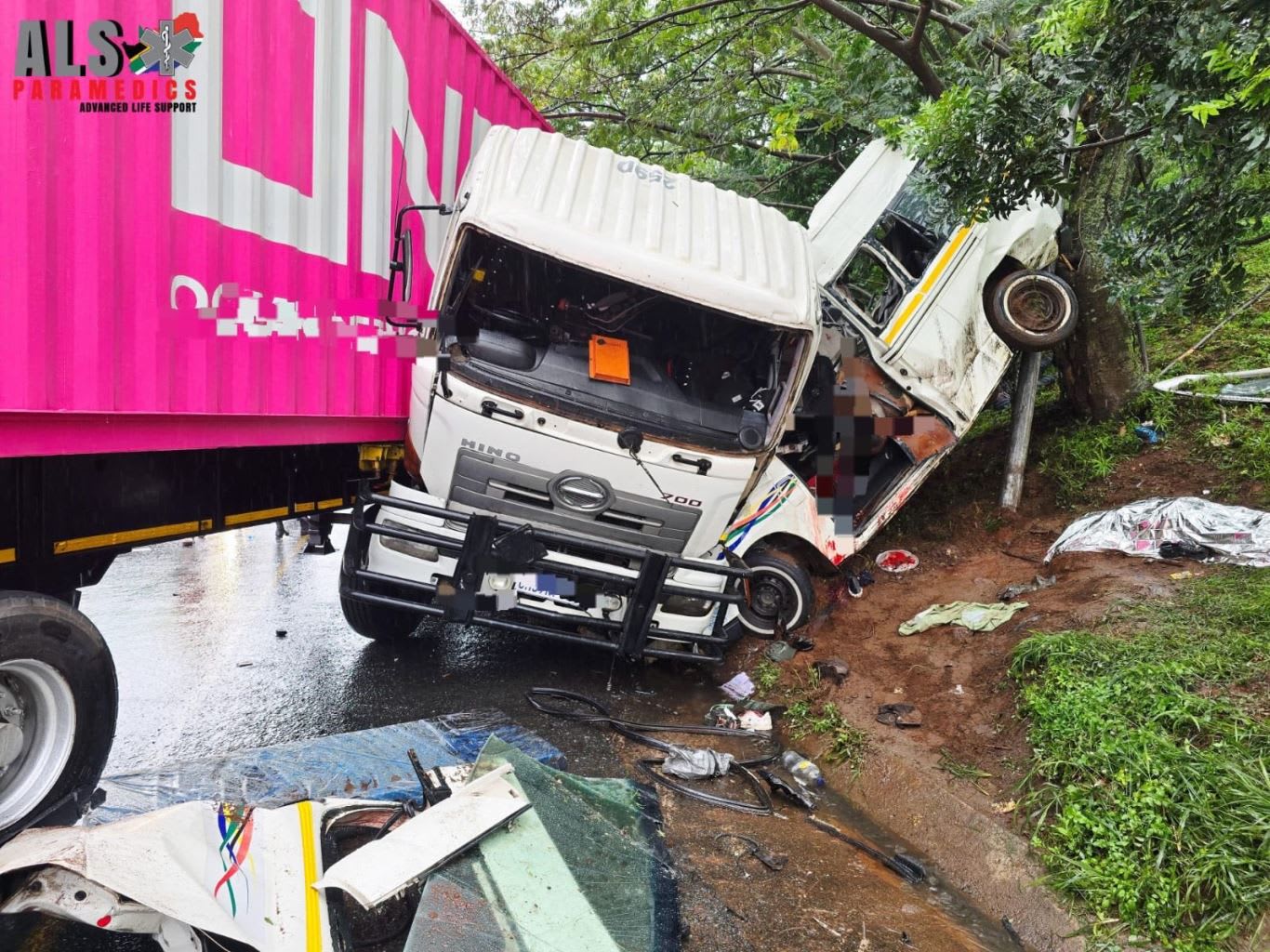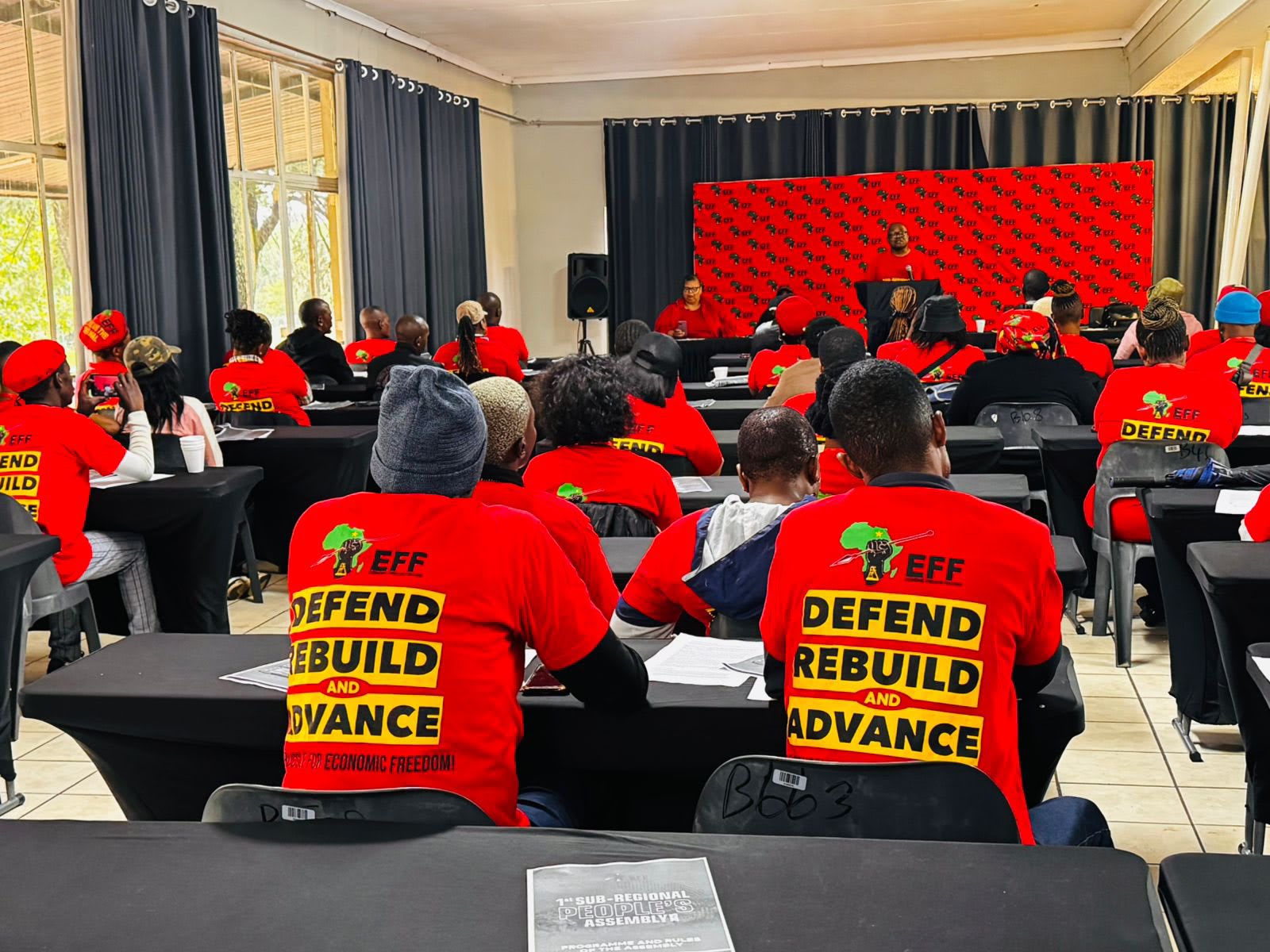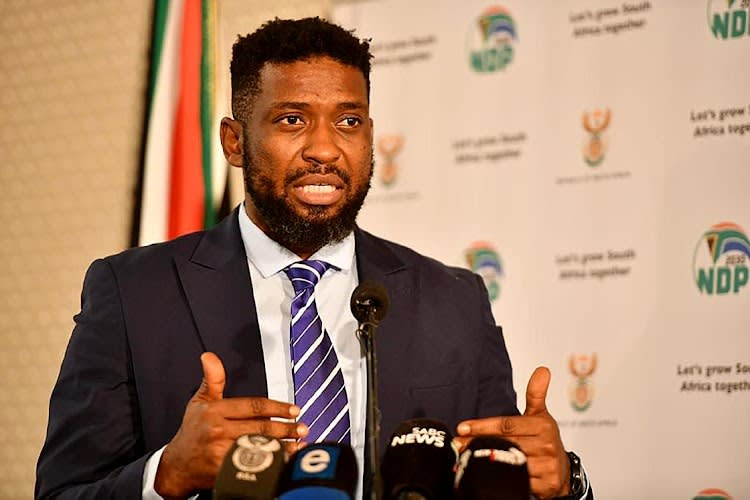Transport
1Min
South Africa
Oct 26, 2025
Minister of Transport, Barbara Creecy, and Deputy Minister of Transport, Mkhuleko Hlengwa pronounces on Request for Information from third-parties as part of the private sector participation to invest in the country’s passenger rail services and infrastructure.
The Department of Transport has opened the door for private sector participation in efforts to revitalise South Africa’s passenger rail system, launching a series of Requests for Information (RFIs) to attract new ideas and investment.
Transport Minister Barbara Creecy unveiled the initiative in Pretoria on Sunday, describing it as a crucial step in repositioning rail as the backbone of the country’s transport and logistics network.
“Today we mark another important milestone in our collective journey to make rail the cornerstone of South Africa’s transport and logistics system,” Creecy said. “We are inviting private partners to share innovative ideas and investment proposals that can help modernise passenger rail.”
According to Creecy, the Passenger Rail Agency of South Africa (PRASA) has made steady progress in its recovery efforts, having restored 35 of its 40 passenger corridors and recorded 77 million audited passenger journeys by the end of May 2025. She said the next phase of growth required additional capital and innovation from private investors.
The RFIs, she explained, will inform future Requests for Proposals (RFPs) for specific partnerships. The department is seeking input on several focus areas — including fare collection technology, depot modernisation, commercialisation of PRASA’s fibre-optic network, and new regional passenger routes.
Among the projects being explored is a smart ticketing system that would allow commuters to use one tap-and-go card across different transport modes, including trains, buses and taxis. Plans are also underway to upgrade PRASA’s Braamfontein and Wolmerton depots to enhance maintenance capacity through private partnerships.
Creecy said the department was also studying proposals for regional rapid train routes linking major cities such as Pretoria, Johannesburg, Polokwane, Musina, Mbombela and Durban, as well as a potential high-speed 300km/h rail line between Johannesburg and Durban.
She emphasised that the RFIs are not tenders, but an opportunity for the market to contribute ideas that could shape the future of South Africa’s rail infrastructure.
“The rail and port freight RFI process is part of our broader Freight Logistics Roadmap,” she said. “It signals our commitment to implementing the National Rail Policy, the National Ports Policy, and the Private Sector Participation Framework, all of which highlight the importance of collaboration in rebuilding our transport system.”
The department has set an ambitious goal of increasing passenger rail usage to 600 million journeys per year by 2030.
“We want to build a 21st-century transport system that boosts industrial competitiveness, supports regional integration and drives inclusive economic growth,” Creecy said.
She also confirmed that a Memorandum of Agreement had been signed with the Development Bank of Southern Africa (DBSA) and the National Treasury, with DBSA appointed as the implementing agent for the department’s Private Sector Participation (PSP) Unit.
The PSP Unit is being equipped to develop bid windows and prepare RFPs once the RFI phase concludes.
Earlier this year, the department launched a similar RFI process for Transnet’s rail and port freight logistics sector, which closed at the end of May. That exercise attracted 162 submissions, including 52 from international participants. Transnet is expected to issue its first RFP before the end of 2025, followed by three more in the first half of 2026.

